While therapy is serious business and hard work, humor transforms the experience. Frequently my sessions with clients include gigantic peels of laughter.
Humor is Medicine
Laughter is common in our office, and I believe it speaks to our ability as therapists. Self-deprecating humor builds the relationship with a new client and helps him feel comfortable. By laughing at myself right away, I show clients I am human, and therapy isn’t scary. Using humor in therapy requires some skill however.
As the work and the relationship progress, teasing and laughter become milestones for progress. As I get to know my client, I learn when teasing can gently lead to insight or when it risks causing pain. I know my clients have made amazing progress when they start to laugh at their own stumbles.
I have two clients who are very similar in many ways. Both struggle with “mind-reading” what others are thinking or seeing catastorphy around every corner. They are both aware of their tendencies, and they both slip into them again and again. Since this pattern shows up in nearly every session, I gently tease my client each time. Their responses give me a sense of how far they have come.
I believe that becoming emotionally healthy is about learning to accept our weaknesses, love ourselves anyway, and learn to live effectively despite them. Some of my clients remain fully determined to eliminate any flaw and make themselves miserable in the process. Some learn to tolerate and acknowledge their flaws. And some learn to view themselves with compassion and honor the “flaws” that make them who they are.
Laughter reveals where a client is in the process. A client determined to change their flaws cannot laugh when I tease them. A client who is tolerating their flaws will chuckle or at least smile. However, a client that has compassionately embraced their challenges will laugh, often a delicious and engaging laugh. Pay attention to others around you – can they laugh at themselves?
Humor is Coping and Celebration
Laughter in my counseling sessions helps client’s cope. I have clients who healing from a large amount of intense sexual abuse as a child and their psychological pain shows up as seizures. These seizures are unsettling, unpleasant and very disruptive. Yet we can laugh hysterically about flopping like a fish out of water during session. Humor makes something horrible into something bearable. I also work with clients who are caregivers to those who are terminally ill. They frequently feel powerless and helpless. By laughing at their situation, something shifts and they are able to continue to provide the care their loved ones need.
Infectious giggles take over when a client is doing well. Since I specialize in trauma, I don’t typically see clients when they are doing well. Most of my clients are fairly fragile and hurting. Yet every so often a client comes to session in a great mood. These sessions are full of laughter. My teenage clients often fall in this camp. I find my clients’ joy infectious.
Never underestimate the value of good laugh. Never take yourself or a situation so seriously you cannot see the humor. Laughter is a clear sign of mental health.
